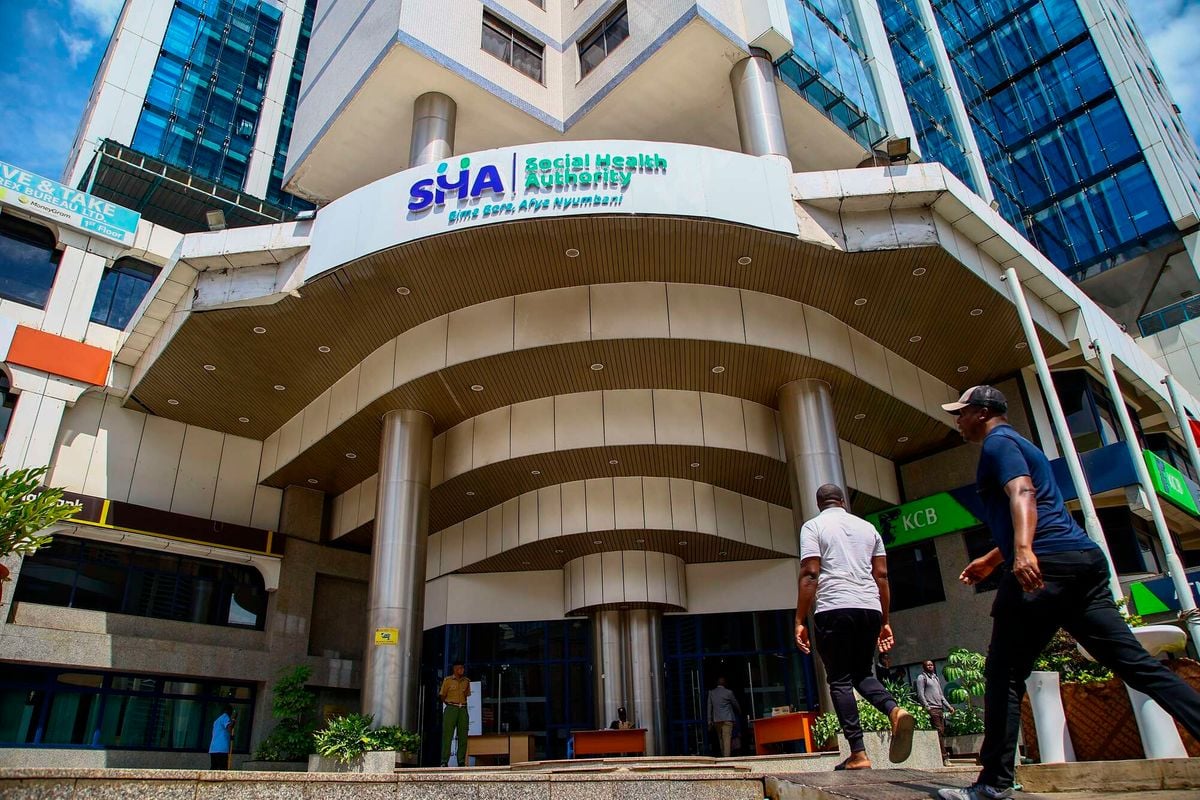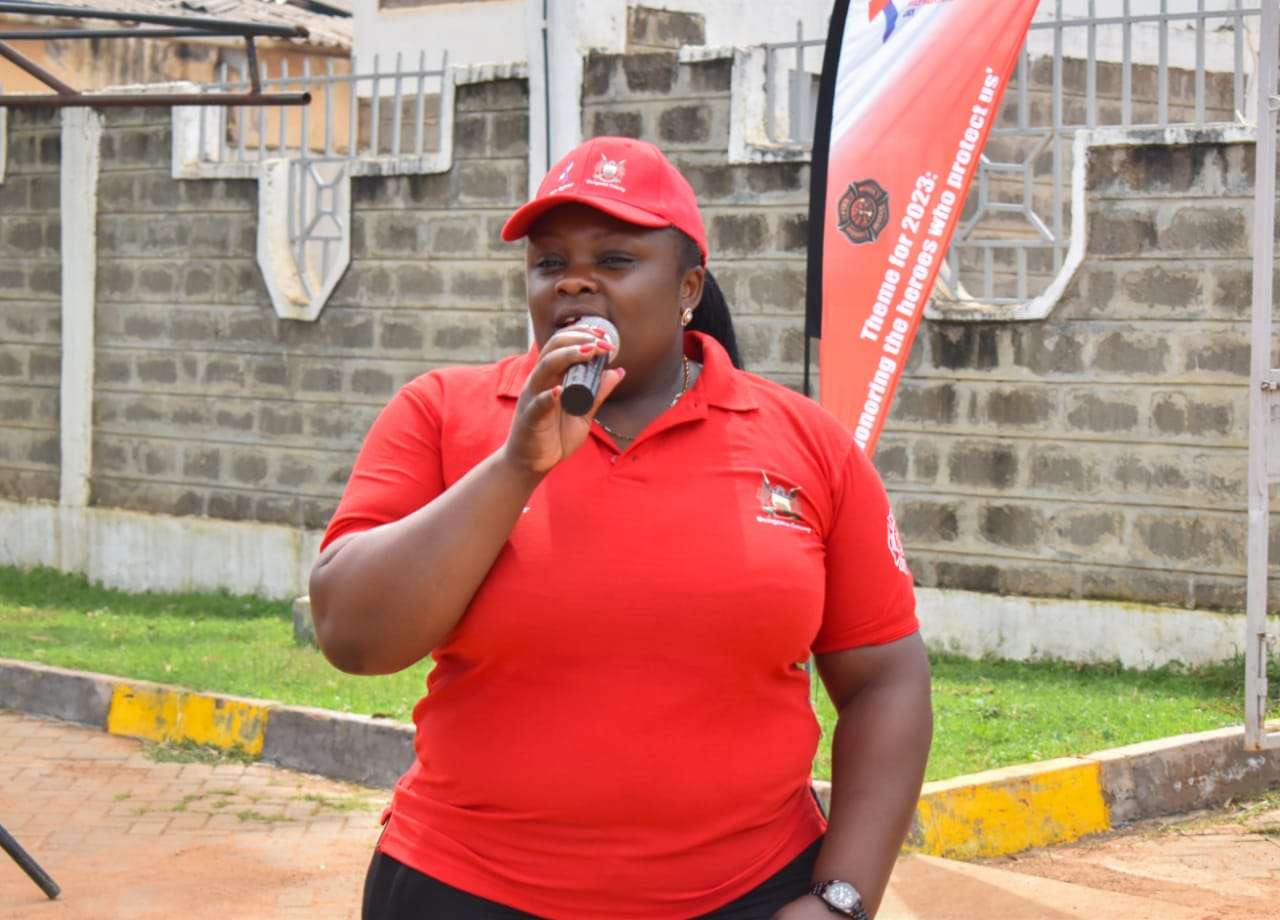Lawmakers have raised concerns over the criteria used to determine the Social Health Authority (SHA) medical cover limits, as it emerged that patients requiring treatment for chronic and critical illnesses are being forced to pay out of pocket. The Ministry of Health and SHA officials faced tough scrutiny from MPs, who argued that Kenyans are not receiving value for the contributions made to the new health scheme.
Legislators were shocked to learn that Kenyans are only entitled to Ksh 1,000 annually for optical treatment, Ksh 500,000 for overseas treatment, Ksh 2,000 for dental services per year, and Ksh 900 for laboratory tests per visit.
It also emerged that the rollout of SHA has faced significant challenges, including system failures that have resulted in continued reliance on manual claims processing. Financial constraints, operational inefficiencies, and uncoordinated banking details have further complicated the transition.
Principal Secretary for Medical Services, Harry Kimtai, struggled to explain why the Ministry had not informed Kenyans that only emergency cases were being covered, preventing them from making informed healthcare decisions.
Kimtai appeared to shift the blame to the public, claiming that Kenyans failed to participate in public consultations before the benefit package was finalised. “We subjected the benefit package to public participation, and nobody responded. That is why we adopted the draft report we had,” Kimtai told MPs.
The legislators were alarmed when the PS admitted that SHA had only operationalised the emergency fund under the Emergency, Chronic, and Critical Illnesses Fund, leaving patients with chronic and critical conditions to fend for themselves.
Under the current arrangement, only patients admitted under the emergency fund receive care within the first 24 hours, while those seeking treatment for chronic and critical illnesses must pay out of pocket.
MPs questioned the viability of the chronic illness fund after it was revealed that only Ksh 21.6 million in claims had been registered by January 2025, largely due to the government’s failure to remit over Ksh 25 billion in premiums owed to SHA.
Kimtai explained that the emergency fund provides urgent care services such as resuscitation and stabilisation within the first 24 hours at no cost, as it is exchequer-funded. However, the chronic and critical illness components remain inactive due to funding limitations.
The emergency services currently cover conditions such as cardiac arrest, trauma, strokes, and venomous bites, among others. Acting Director for Benefits and Claims Management, Tracy John, admitted that SHA services were only implemented in December 2024, meaning claims only began being processed at the end of that month.
Digital Healthcare Agency CEO, Anthony Lenaiyara, noted that by January 2025, only Ksh 21.6 million in claims had been submitted under the fund, despite its Ksh 2 billion allocation for the financial year.
Concerns Over Coverage Limits
MPs questioned whether the Ministry had conducted annual reviews of medical cover limits to reflect market realities. Specific concerns were raised about the caps for renal services, overseas treatment, and optical care.
Kimtai tabled a document showing that:
- Optical cover is capped at Ksh 1,000 per family per year, only available to children under 18.
Dental services are limited to Ksh 2,000 per year. - General outpatient services, including lab tests, imaging, prescriptions, vaccinations, and mental health care, are capped at Ksh 900 per visit.
- Inpatient cover includes Ksh 2,240 daily, Ksh 10,000 for normal delivery, Ksh 30,000 for caesarean sections, and Ksh 10,650 per haemodialysis session per week.
- Overseas treatment is capped at Ksh 500,000.
- Oncology treatment includes Ksh 5,000 for chemotherapy, Ksh 53,500 for PET scans, Ksh 9,600 for CT scans, Ksh 11,000 for MRIs, and Ksh 15,000 for bone scans.
Nyeri Town MP Duncan Maina criticised the dental cover, arguing that Ksh 2,000 only allows for extractions rather than modern tooth-saving treatments. He also questioned the overseas treatment coverage, accusing the Ministry of forcing patients to seek care in India instead of allowing them to choose their preferred hospitals. “There are allegations that Ministry officials are colluding with hospitals in India to receive commissions for referrals,” he claimed.
Mogotio MP Reuben Kiborek added that the Ksh 500,000 cap for overseas treatment was too low to cover actual medical costs. Seme MP James Nyikal urged the Ministry to ensure that medical cover limits are reviewed annually to align with market rates.
Outstanding Government Debts to SHA
Meanwhile, Kimtai revealed that SHA inherited Ksh 43 billion in debts from the now-defunct National Health Insurance Fund (NHIF), with the Ministry of Public Service being the largest defaulter, owing Ksh 15.54 billion.
- Other defaulters include:
- Ministry of Interior: Ksh 1.64 billion
- Ministry of Health: Ksh 8.4 billion, including Ksh 4 billion for Universal Health Care (UHC) and Ksh 2.12 billion for the Linda Mama programme
- Health Insurance Subsidy Programmes (HISP) for Orphans and Vulnerable Children: Ksh 1.42 billion
- HISP for Older Persons and Persons with Severe Disabilities: Ksh 289.5 million
- Primary healthcare funding shortfalls: Ksh 375 million
MPs demanded that the government clear its outstanding obligations to SHA to ensure the scheme functions effectively.





